AARP Hearing Center


A high-quality mattress is key to a good night's sleep, but shopping for one can be an undertaking, to say the least. In our survey of 300 adults ages 50 and older, one-third said they felt overwhelmed by the number of mattress brands on the market and were unsure where to begin their search.
But look no further. Our lab team tested 26 mattresses from 11 brands alongside older adult testers, rating each bed on the top priorities named by our survey participants and sleep experts. We made selections based on affordability, spinal alignment and pressure relief to help you find the best mattress for your needs.
Read on to see which models delivered the strongest results in our testing.
All models tested were queen size mattresses unless otherwise noted.
Our top mattress pick
- Best overall for spinal alignment, motion isolation, pressure relief and material quality
- Comfortable for all sleeping positions
- Lifetime warranty and 365-night trial
The best mattresses of 2026
- Nectar Premier Memory Foam: Best Overall
- DreamCloud Classic Hybrid: Best Value
- Saatva Classic Luxury Firm: Best for Side Sleepers
- DreamCloud Premier Hybrid: Best Hybrid
- Leesa Sapira Chill Hybrid: Best for Cooling
- Helix Midnight Luxe: Best for Back Sleepers
- The WinkBed Luxury Firm: Best Adjustable Bed
- Brooklyn Bedding Aurora Luxe Cooling: Best Edge Support
- Saatva Rx: Best for Pain Relief
- Nectar Classic Memory Foam: Best Memory Foam
Comparing the best mattresses
Meet the testers

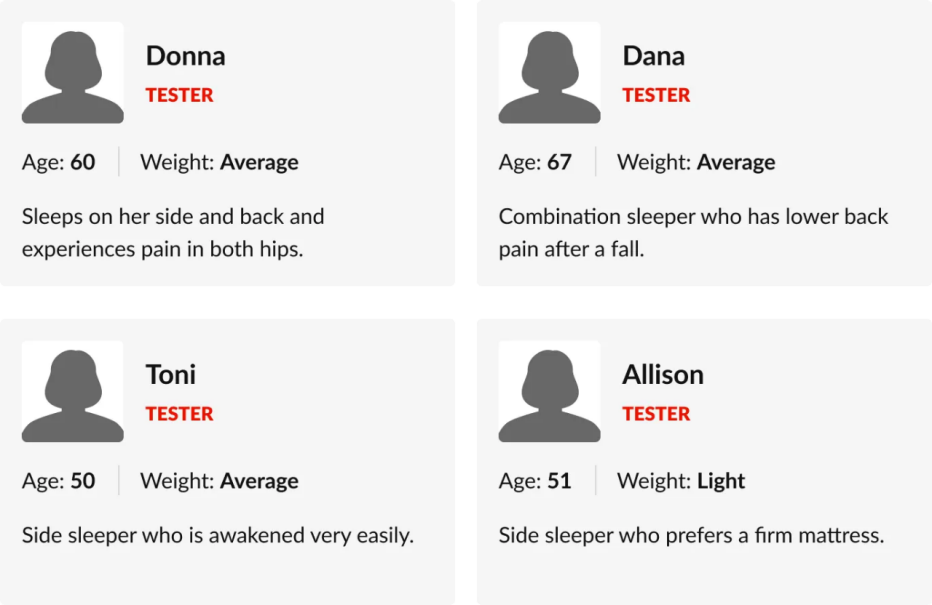
Best Overall: Nectar Premier Memory Foam

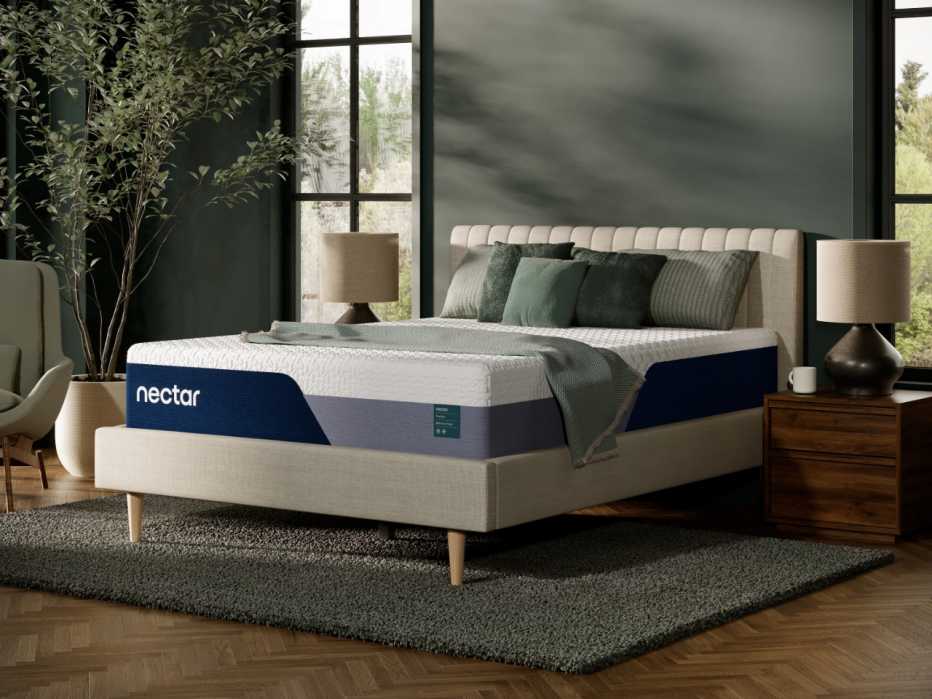
Pros and Cons
Pros
- Excellent pressure relief and spinal alignment in all sleep positions
- Best motion isolation on this list
- Great edge support for a memory foam bed
Cons
- Low bounce can make movement difficult
- Foam layers retained some heat during testing
Features
- Firmness: Medium firm
- Trial period: 365 nights
- Warranty length: Lifetime
Key takeaways from our testing
High-quality, cozy feel. Our testers praised the Nectar Premier Memory Foam's supportive, luxurious feel. One tester, 60-year-old Donna, said she could lie on the bed in any position comfortably with good support and pressure relief - even on her stomach. "I'm shocked. I usually don't sleep on my stomach, but with this mattress, I would be able to do this position," she said.

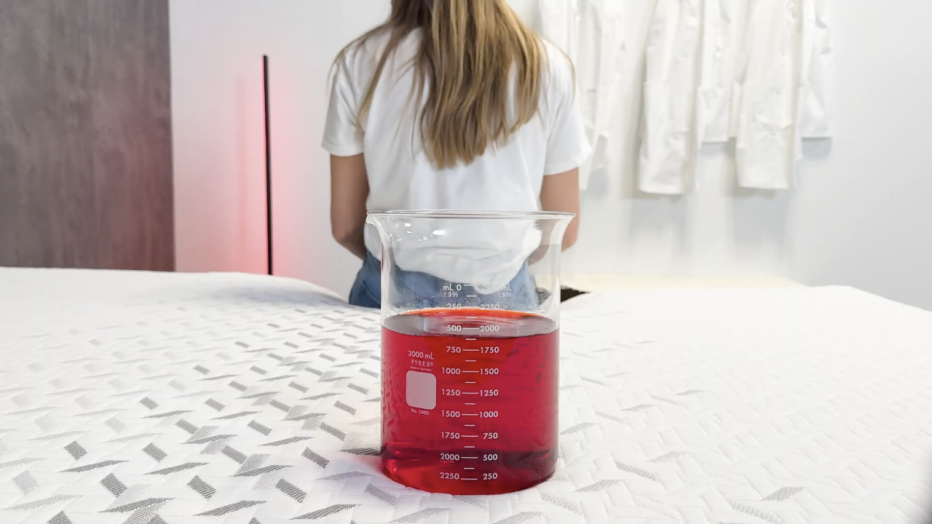
Top-notch motion isolation for couples. Our team measured motion isolation - how well a mattress limits motion transfer to a partner - to gauge how well mattresses perform for couples. Our ripple test involved placing a beaker of water on one side of the bed while a lab tester bounced on the other. During the test, the water in the beaker barely moved, earning a perfect motion-isolation score. This means partners are unlikely to disturb each other when moving or getting out of bed. This bed's strong edge support also helps couples reposition without feeling like they might roll off the side. Donna said she sank into the material enough to feel supported and protected. Most foam mattresses have weak edges, so this support was a standout feature.
So-so temperature regulation. We performed a cooling gun test to measure how well the mattress regulates temperature. The test measured the change in surface temperature before and after applying a heating pad. After one minute, our heat sensor showed the surface was 18.9 degrees Fahrenheit hotter than its original temperature, earning an average score (3 out of 5). This was an improvement over the brand's base model, the Nectar Classic Memory Foam (1 out of 5), but we expected better cooling from a high-performance mattress. Hot sleepers seeking better temperature control may prefer the Leesa Sapira Chill Hybrid, which outperformed this model in our cooling test.
Best Value: DreamCloud Classic Hybrid

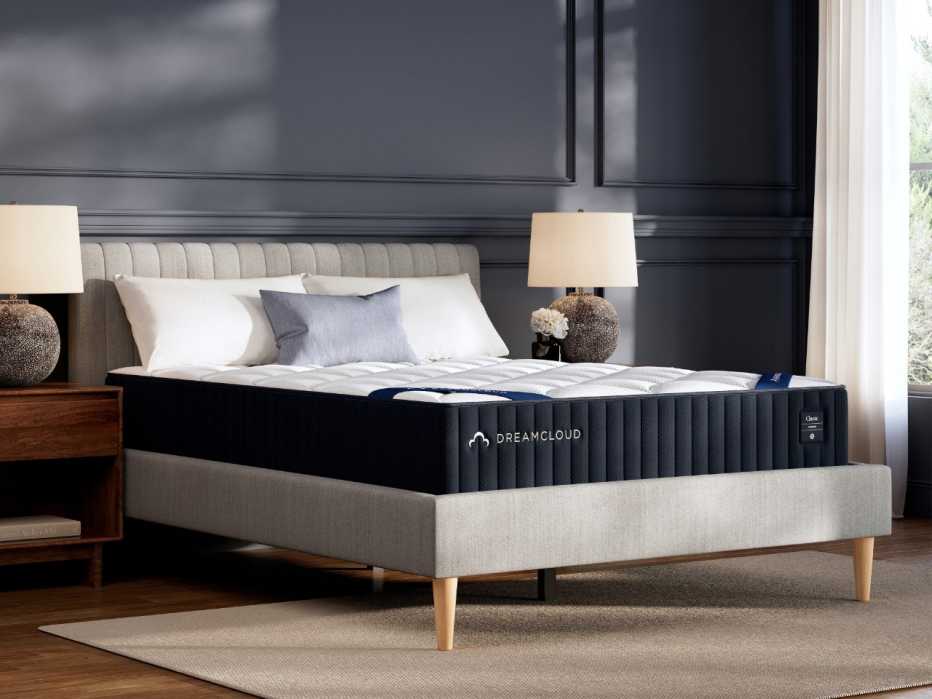
Pros and Cons
Pros
- Low-priced
- Very good pressure relief for side and back sleepers
- Strong edge support
Cons
- May be too firm for some side sleepers
- Poor spinal alignment and pressure relief for stomach sleepers
Features
- Firmness: Firm
- Trial period: 365 nights
- Warranty length: Lifetime
Key takeaways from our testing
Supportive construction at a low price. The DreamCloud Classic is a hybrid mattress with a responsive memory foam feel and high-quality construction. It has the durable design of a luxury bed but an affordable price tag. "I feel very even, and my spine is aligned with my hips and shoulders equally balanced," said tester Karin, a 54-year-old side sleeper. She rated the mattress's spinal alignment a 4 out of 5 when lying on her back.

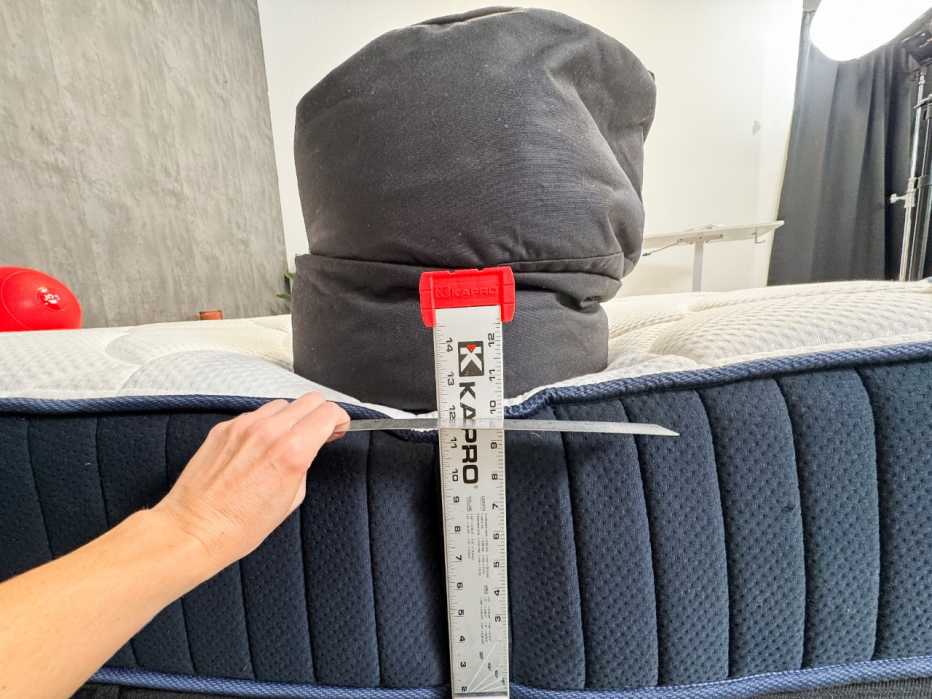
Strong edges. This bed's edge support is among the strongest on this list thanks to its reinforced coils along the edge of the mattress. "I feel very stable near the edge. Compared to lying in the center of the bed, it feels the same," said Toni, a 50-year-old tester. When our lab team dropped a 150-pound sandbag on the edge, it sank only 2.5 inches, earning a perfect score in that test.
Too firm for stomach sleepers. Many beds fall within the medium-firm range, which is a sweet spot for most sleepers. The DreamCloud Classic, however, is among the firmest on this list. While this probably won't be an issue for back sleepers, some stomach and side sleepers may find it lacks cushion compared to other mattresses. Our testers gave it below-average scores for pressure relief and average scores for spinal alignment for stomach sleepers. If you want a bed that's less firm but still supportive, the Brooklyn Bedding Signature Hybrid is a good alternative value mattress. Read more in our in-depth Dreamcloud mattress review.
Best for Side Sleepers: Saatva Classic Luxury Firm

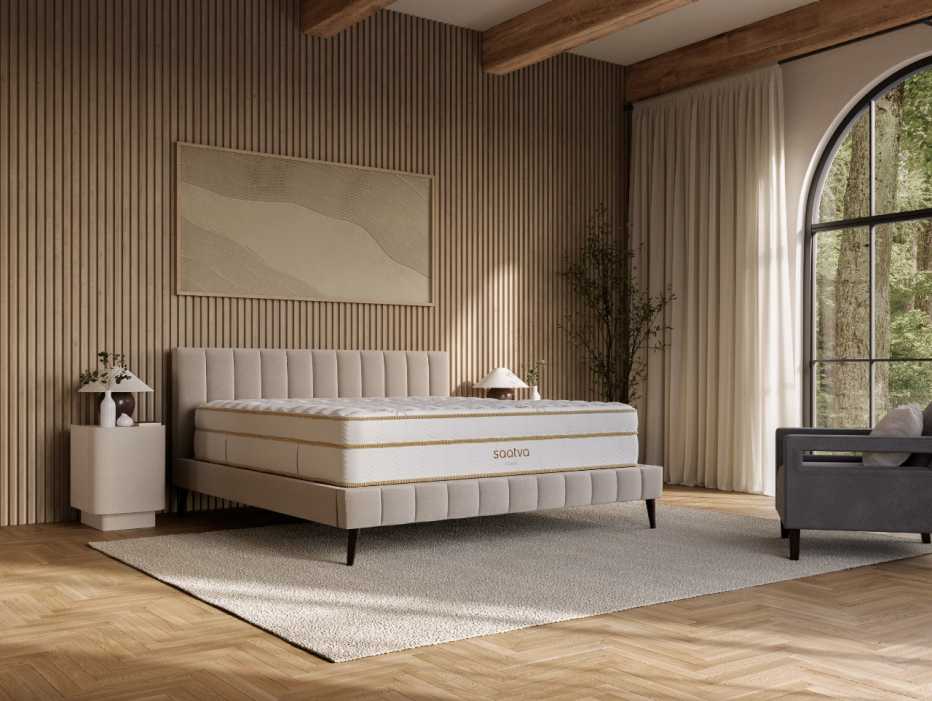
Pros and Cons
Pros
- Excellent spinal alignment and pressure relief for side sleepers
- Bouncy and easy to switch sides
- Strong edge support helps side sleepers feel secure near the perimeter
Cons
- Lackluster cooling
- Poor motion isolation
Features
- Firmness: Luxury firm
- Trial period: 365 nights
- Warranty length: Limited lifetime
Key takeaways from our testing
Ideal for side sleeping. Dana, a 67-year-old tester, liked how the Saatva Classic Luxury Firm mattress felt while sleeping on her side. "The right side of my lower back feels much more supported. I usually have trouble with that area of my body, and this mattress is offering great support," she said. She also liked how her hips sank into the Euro pillow top (a 3-inch cushioned top layer), which she said helped align her spine.
Did you know?
More than half (54.1 percent) of people sleep on their sides. Side sleeping can reduce the severity of obstructive sleep apnea and may help alleviate symptoms of gastroesophageal reflux disease (GERD). Also, early research suggests that side sleeping may support the brain's waste clearance process.
Fortified edges. Dana said she felt secure by the edge while sleeping on her side. "My right side, the closest to the edge, feels just as supported as when I'm on my left side, toward the center of the bed," she said. As she rose to sit, she felt the edge helped her get out of bed: "I sink in slightly, but not enough to cause any issues with getting back out." That support comes from the mattress's thick foam reinforcement that circles the mattress's perimeter - it's as dense as a yoga block.

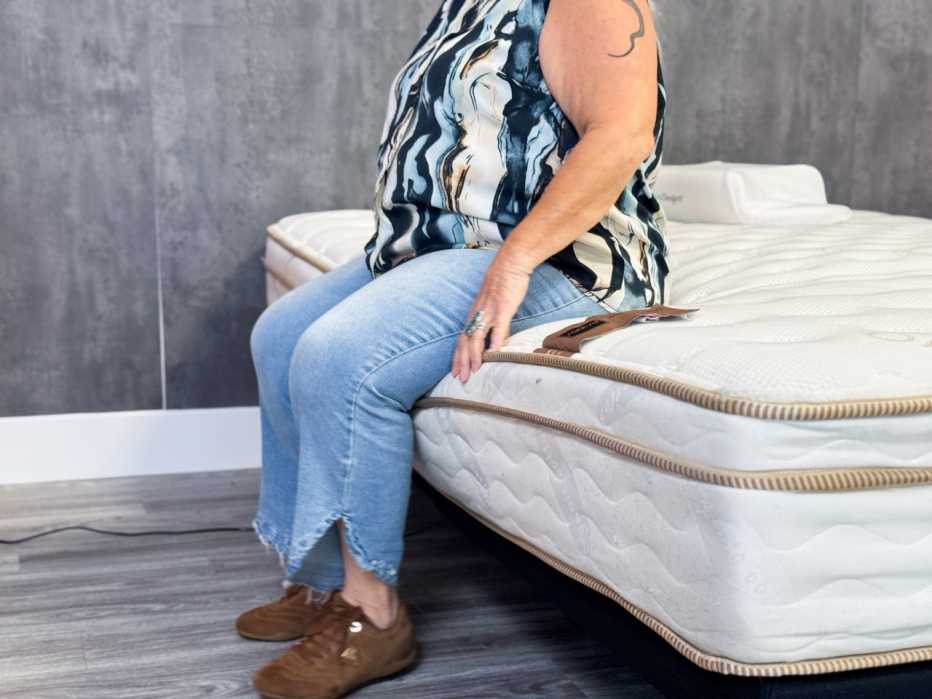
Poor temperature regulation. The Saatva Classic Luxury Firm isn't ideal for hot sleepers. After performing our cooling gun test, the mattress's surface was still 26 degrees Fahrenheit hotter than the original temperature. That surface reading was among the highest of any model we tested. Hot side sleepers may prefer the Leesa Sapira Chill Hybrid, which excelled in our cooling test.
Best Hybrid: DreamCloud Premier Hybrid


Pros and Cons
Pros
- Only hybrid mattress with perfect motion isolation in our tests
- Most comfortable for back and stomach sleepers
- Secure, stable edges

































































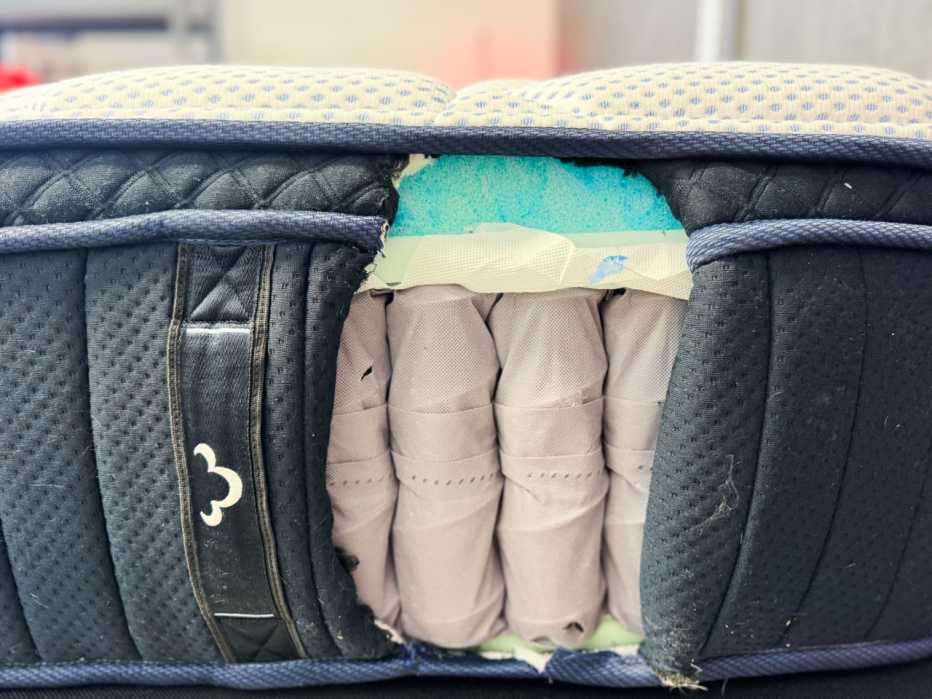
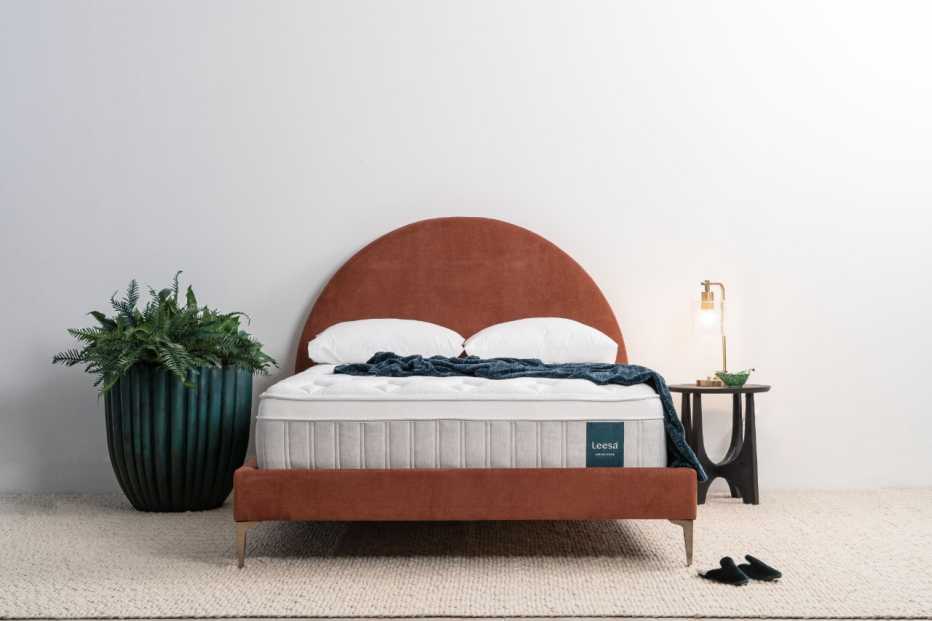

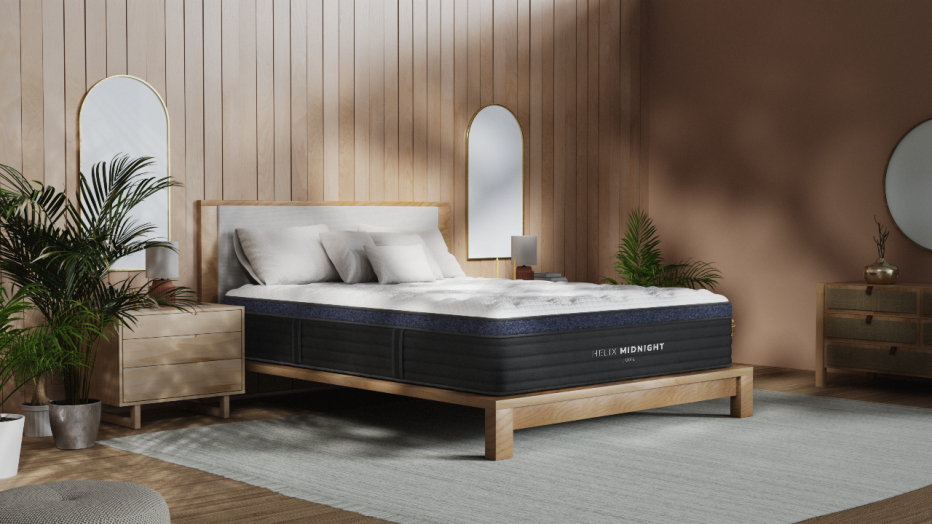
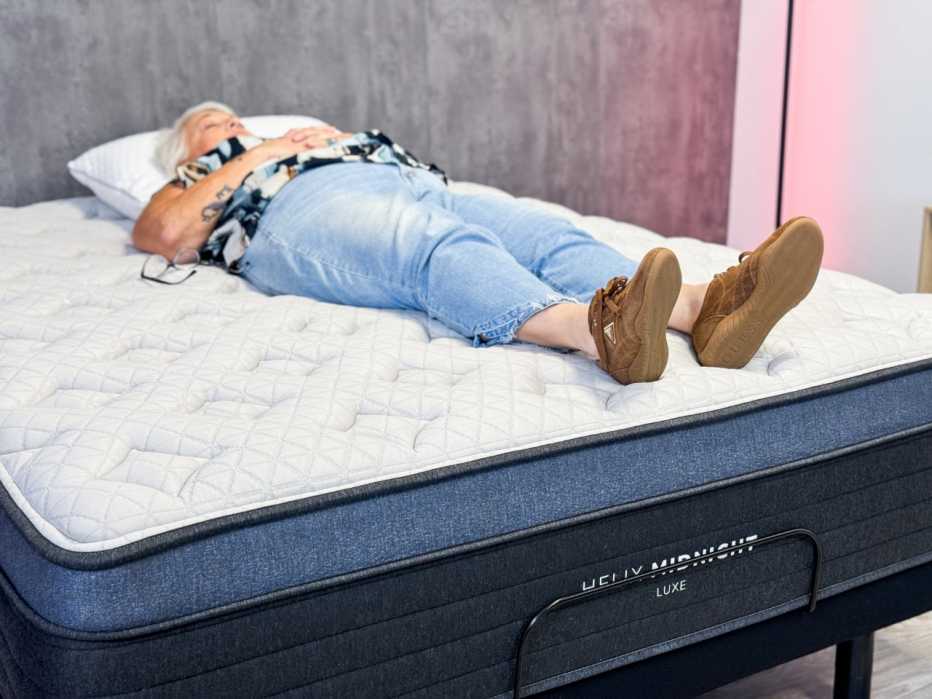
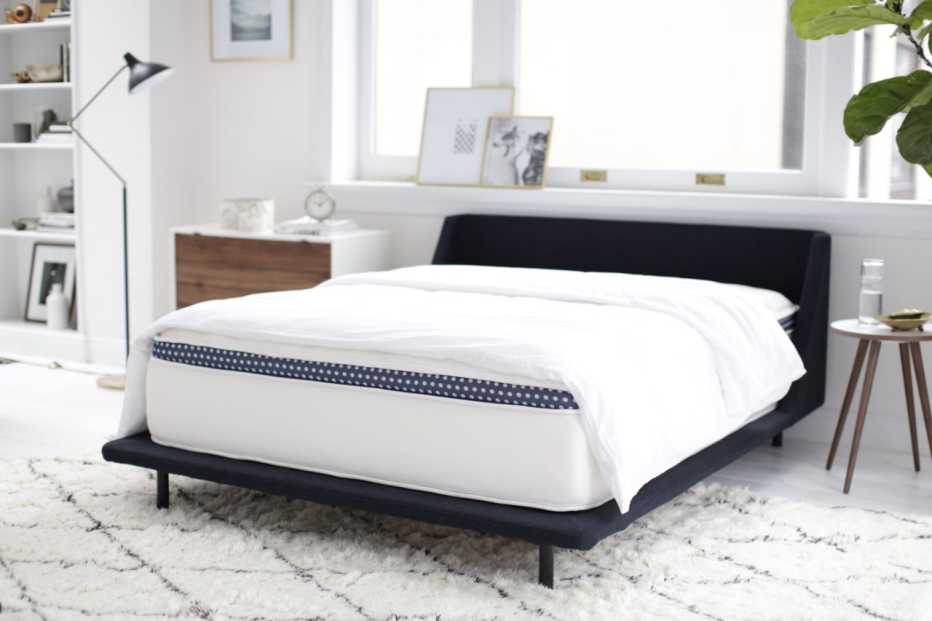
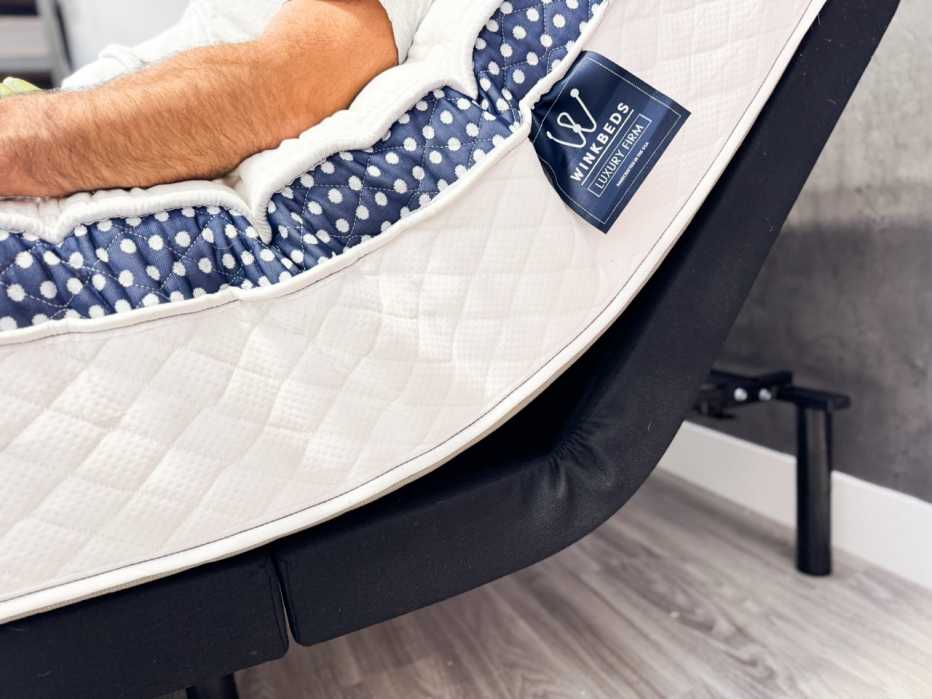
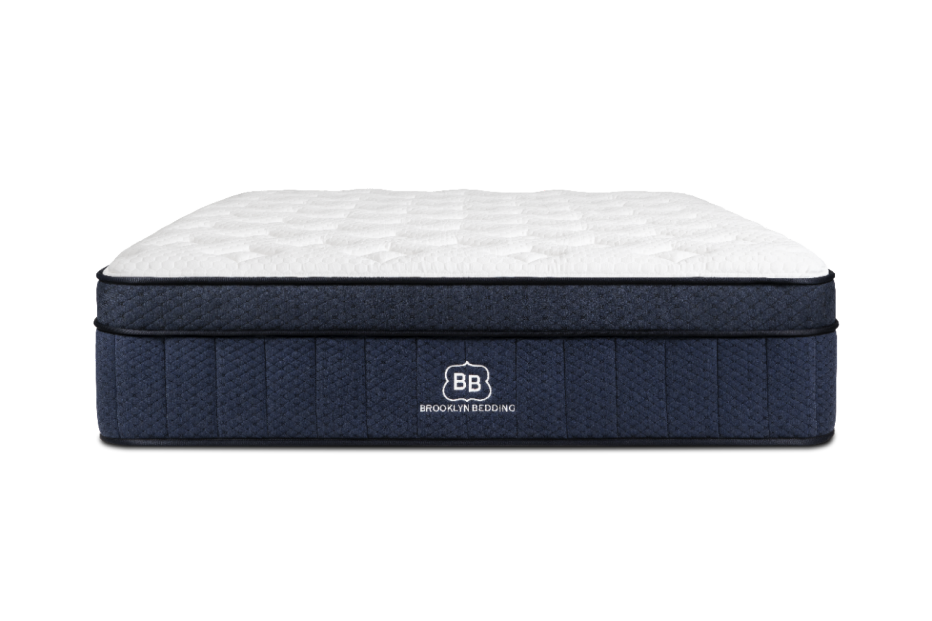


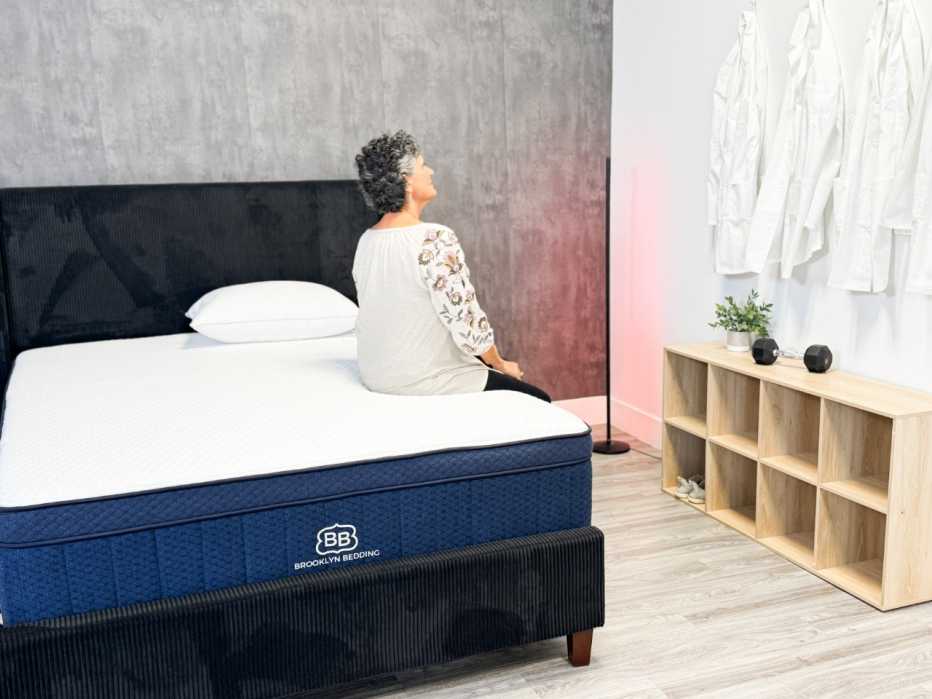
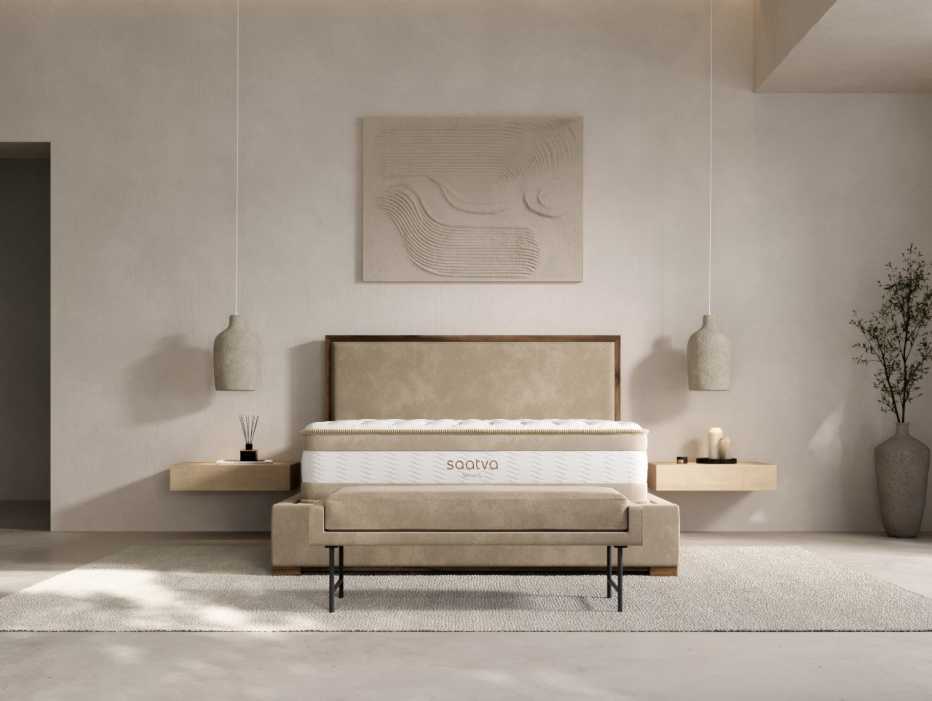


More From AARP
"Tips for a Restful Sleep Sanctuary"
13 habits to give your body the rest it needs
6 Strategies to Sleep Through the Night
Improve sleep quality with practical tips and insights7 Surprising Secrets to a Good Night’s Sleep
Tips to help you avoid the nightmare of tossing and turning